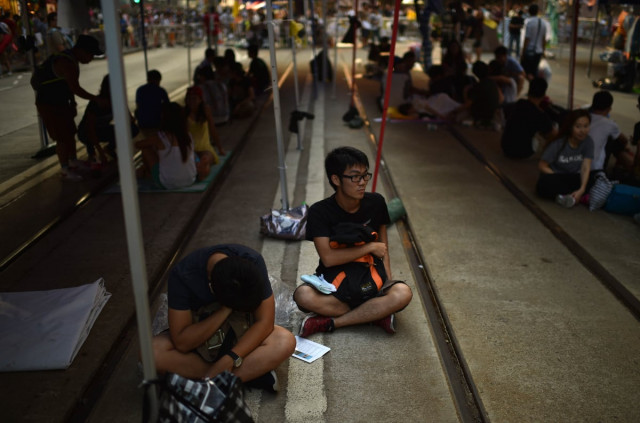Protests in Hong Kong
A mutually agreed compromise — what allowed Hong Kong’s existence in the first place — ought to serve both parties

The protests should not surprise anyone. There has always been an awkward relationship between Hong Kong and Beijing, which formally took over the city when the British left in 1997. The thorniest issue, of which the recent protests are a symptom, was Hong Kong’s system of democracy institutionalised by the British that directly contradicted China’s unapologetic authoritarian rule. While the compromise was encapsulated in the slogan, ‘one country, two systems’, tensions continued to remain. The latest protest is against Beijing’s decision to handpick the candidates to rule Hong Kong in the coming elections. The protesters, mostly university students, want the freedom to pick their own candidates.
The protests are a threat to China’s legitimacy; Beijing fears similar protests on the mainland. It has rejected both demands of the protesters — dismissing Hong Kong’s current leader and allowing it to select its own candidates — and warned that “chaos” may ensue if the protests are to continue. Similar pro-democracy protests in Beijing in 1989 resulted in the deaths of hundreds after the government cracked down on them. Still, Beijing must be aware of how adversely any military or police action might be taken by the international community. It is not 1989 anymore; not even China can control the spread and speed of information, especially in a place as globalised as Hong Kong. A mutually agreed compromise — what allowed Hong Kong’s existence in the first place — ought to serve both parties.
Published in The Express Tribune, October 6th, 2014.
Like Opinion & Editorial on Facebook, follow @ETOpEd on Twitter to receive all updates on all our daily pieces.



















COMMENTS
Comments are moderated and generally will be posted if they are on-topic and not abusive.
For more information, please see our Comments FAQ